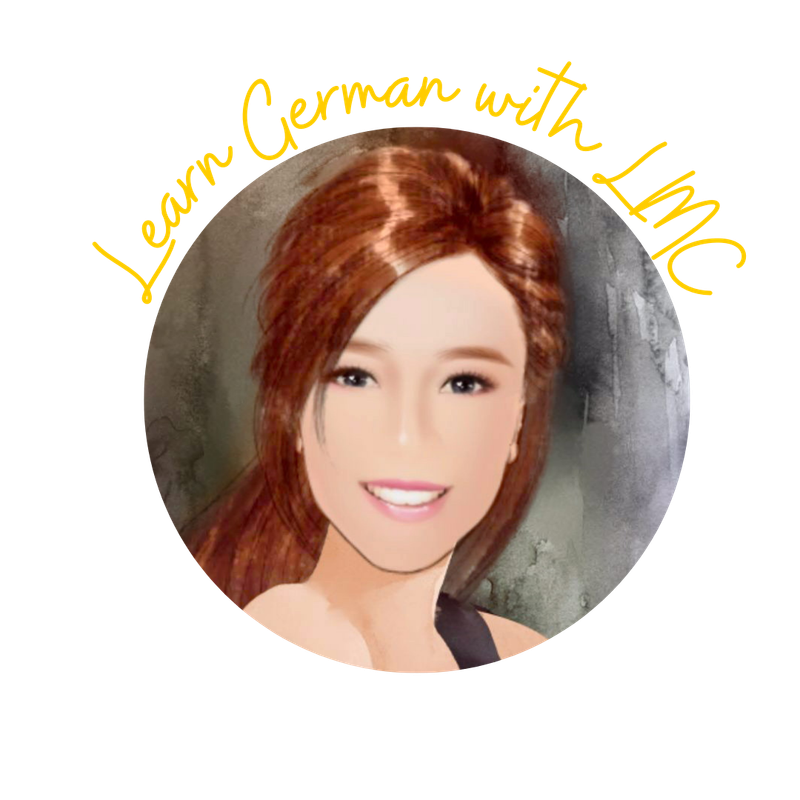We already introduced nouns. When talking about more than one of the same things, we have to use the plural form.
We can tell if a noun is plural by looking at both its article and spelling. Here are some rules in forming plural forms.
The definite articles (der, die, das) of nouns all changes to "die" in plural for the nominative and accusative case. We will learn more about the German cases in the next lessons. An example of this is das Mädchen (girl) - die Mädchen (girls)
We do not use any indefinite articles for nouns in the plural form!
Some nouns only have the plural form. For example, die Eltern (the parents). These words are words that will never be less than one.
For some nouns, the plural form of a word usually takes a different ending. There are some patterns, but you will mostly need to memorize which endings go with which words.
The plural form of some nouns are formed by adding the ending "-s".
das Auto - die Autos (the car - the cars)
das Baby - die Babys
For some masculine nouns, we simple and an "-e" to the end of the word.
der Freund - die Freunde (the friend -the friends)
der Beruf - die Berufe ( the job - the jobs)
For some feminine nouns, we and "-n", "-en" or "-nen" to the ending form of the plural.
die Schwester - die Schwestern (the sister - the sisters)
die Tasche- die Taschen (the bag - the bags)
die Frau - die Frauen (the woman - the women)
die Lehrerin - die Lehrerinnen (the female teachers)
Many words also change a vowel in the plural form. You mostly have to memorize these.
der Vater - die Väter (the father - the fathers)
der Mann - die Männer (the man - the men)
die Mutter - die Mütter
das Buch - die Bücher
There are also nouns that change a vowel as well as having a different word ending. They don't follow a pattern, so you have to memorize them.
der Supermarkt - die Supermärkte (the supermarkets)
der Saft - die Säfte (the juice)
There are also nouns that don't change their spelling in the plural form, but the article changes.
der Löffel - die Löffel (spoon)
das Mädchen - die Mädchen (girls)


0 Comments